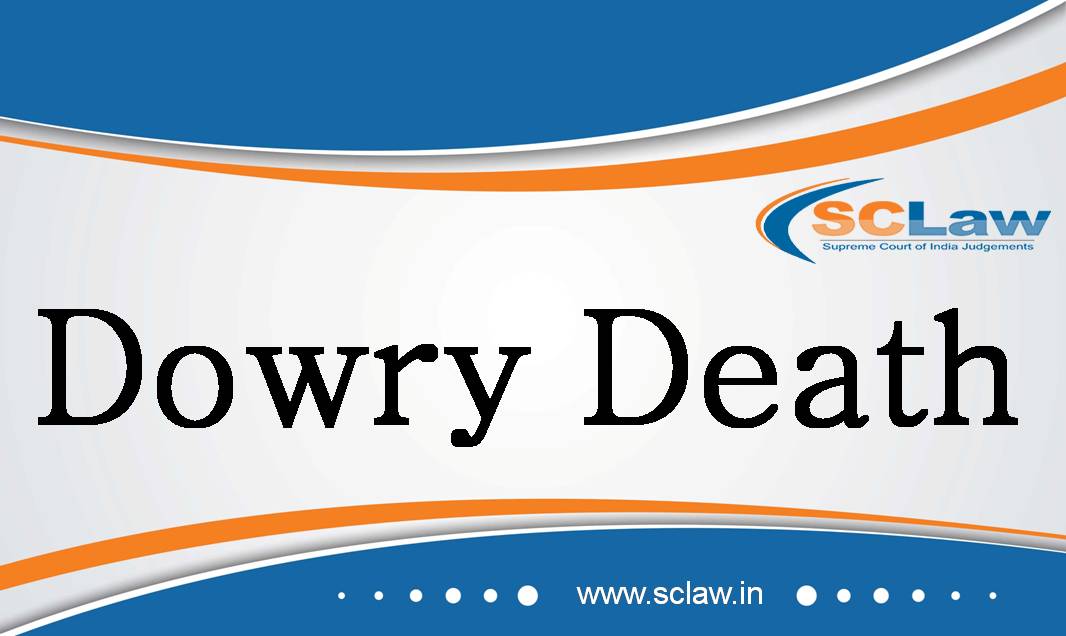Murder–Non recovery of incriminating material from accused cannot be a ground to exonerate them of charges when eye-witness examined by prosecution are found to be trustworthy.
2008(1) LAW HERALD (SC) 140 IN THE SUPREME COURT OF INDIA Before The Hon’ble Mr. Justice S.B. Sinha The Hon’ble Mr. Justice Harjit Singh Bedi Criminal Appeal Nos. 382-386…










